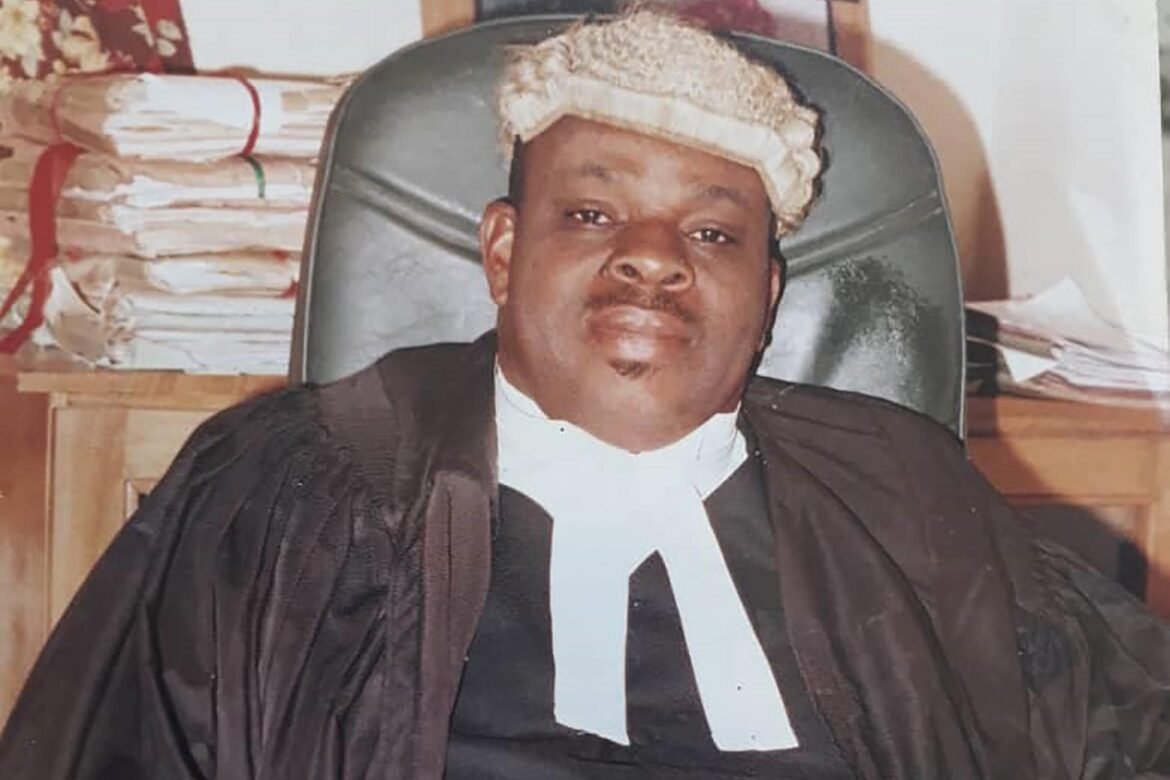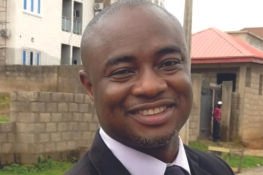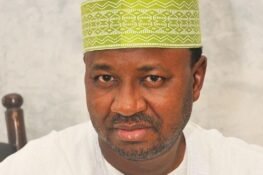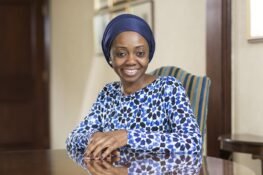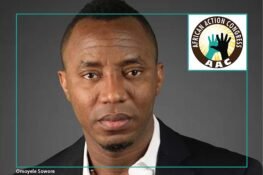In his first interview, Barr. Emmanuel Onumajuru reveals how he won the case of his client, Clinton Kanu, who was wrongfully imprisoned for 27 years:
At what point did you take up Mr. Clinton Kanu’s case?
I took over the matter from the Appeal Court. I cannot remember the date, but I think it was sometime in 1994. The judgment in the Court of Appeal was given in 2013 and from there I went to the Supreme Court.
I did the case pro bono. His brothers and sister were no longer interested in the matter; I had to take it up on a pro bono basis. We finally got judgment on April 5, 2019.
What were the defects in the previous handling of his case?
I became interested because of the way the matter was handled at the Court of Appeal. He raised alibi; that means, ‘I was not there when the crime was committed’.
He said he was not there when the offence was committed, and I believed him. I asked him certain questions. His answers fascinated me, and I took it up to the Supreme Court.
I anchored my argument on that. And I said the trial Judge, Ohakwe, admitted evidence which were not predicated on law. He admitted hearsay evidence.
My client had previous squabbles with the people who took him to court, falsely accusing him of robbery. And I said their evidence was tainted. I took it up to Supreme Court and the Supreme Court agreed with me.
My client had previous squabbles with the people who took him to court, falsely accusing him of robbery. And I said their evidence was tainted. I took it up to Supreme Court and the Supreme Court agreed with me
For how long did the case last in the court before the Supreme Court final ruling on the case?
From 1994 to this April 5, 2019.
Who were the judges who gave the Supreme Court ruling?
The justices on the panel were, Justice Ibrahim Tanko Muhammad, the acting Chief Justice of Nigeria, who was the presiding judge; Justice Mary Ukaego Peter-Odili delivered the lead judgment. Justice Olukayode Ariwoola; Justice Amiru Sanusi and Justice Ejembi Eko, were also in the panel.
How did you feel when the Supreme Court discharged and acquitted your client?
I was so happy. I was vindicated. Because I pursued the case at a stage where his brothers and sisters had stopped paying the fees. I was vindicated. I feel very happy.
Have you handled a similar case before?
I started handling Supreme Court cases in 2009. The first case similar to this that I handled was Orji Ogbu vs Best Nwokoma. I also won at the Supreme Court.
I pursued the case at a stage where his brothers and sisters had stopped paying the fees. I was vindicated. I feel very happy
What do you think could be done to avoid reoccurrence of wrongful imprisonment like this?
There is nothing we can do to stop it. Someone looks at a case and feels he should handle it this way.
But we looked at it again; a second look. You know the judiciary system, because of the hierarchy of courts – from the High Court you go to the Court of Appeal, from there to the Supreme Court.
These are different hierarchies. The second look is taken by a lawyer and that is the essence of going to appeal on certain things we feel were not done.
So, there is no how you stop it. This is why we are now going to court to call for compensation because you cannot keep a man in prison for 27 years and ask him to walk away. 27 wasted years! I think my client, Clinton Kanu, is entitled to compensation.
How much are you asking for?
We are demanding compensation of N3billion. Is that too much?
Were you anxious that you might lose the case at any point?
Yes. I am human. I should have anxiety, but I still had confidence that I would win the case.
What gave you the confidence?
I looked at the law thoroughly. I looked at the law and I was convinced that I could win.
What experience or lesson did you learn from victory?
In my practice since 1991 when I was called to the Bar, I have never despaired when my decision is in line with the law.
What lesson have I learnt? I have learnt not to despair in the face of an adversity. Pursue your goal and pray God to bless it.
Wherever there is a right, there must be a remedy. Even if it is not statutorily prescribed, there must be a remedy. You cannot keep a young man for 27 years in prison and ask him to go home like that
How did you fund the case from 1994 until you won?
Well, God is there for me. I have always said God kept me alive for a purpose. I am not out always to make money. I can make money, but God is with me every time. My name is Emmanuel. Emmanuel means God is with us.
At what stage is the suit for compensation?
It has gone far. Because the law says wherever there is a right, there would be a remedy. I derived that from Oputa’s judgment in the Supreme Court.
The case of Bello against the Attorney General of Oyo State. Wherever there is a right, there must be a remedy. Even if it is not statutorily prescribed, there must be a remedy.
You cannot keep a young man for 27 years in prison and ask him to go home like that. We are prayerfully following it.
I think it is a noble case. It has not happened before, but I want to fall back to the case of Bello vs Attorney General of Oyo State.
He was killed while his appeal was pending. The Supreme Court judges said there must be a remedy where the law provides a right. I am going to prosecute my case on this.
